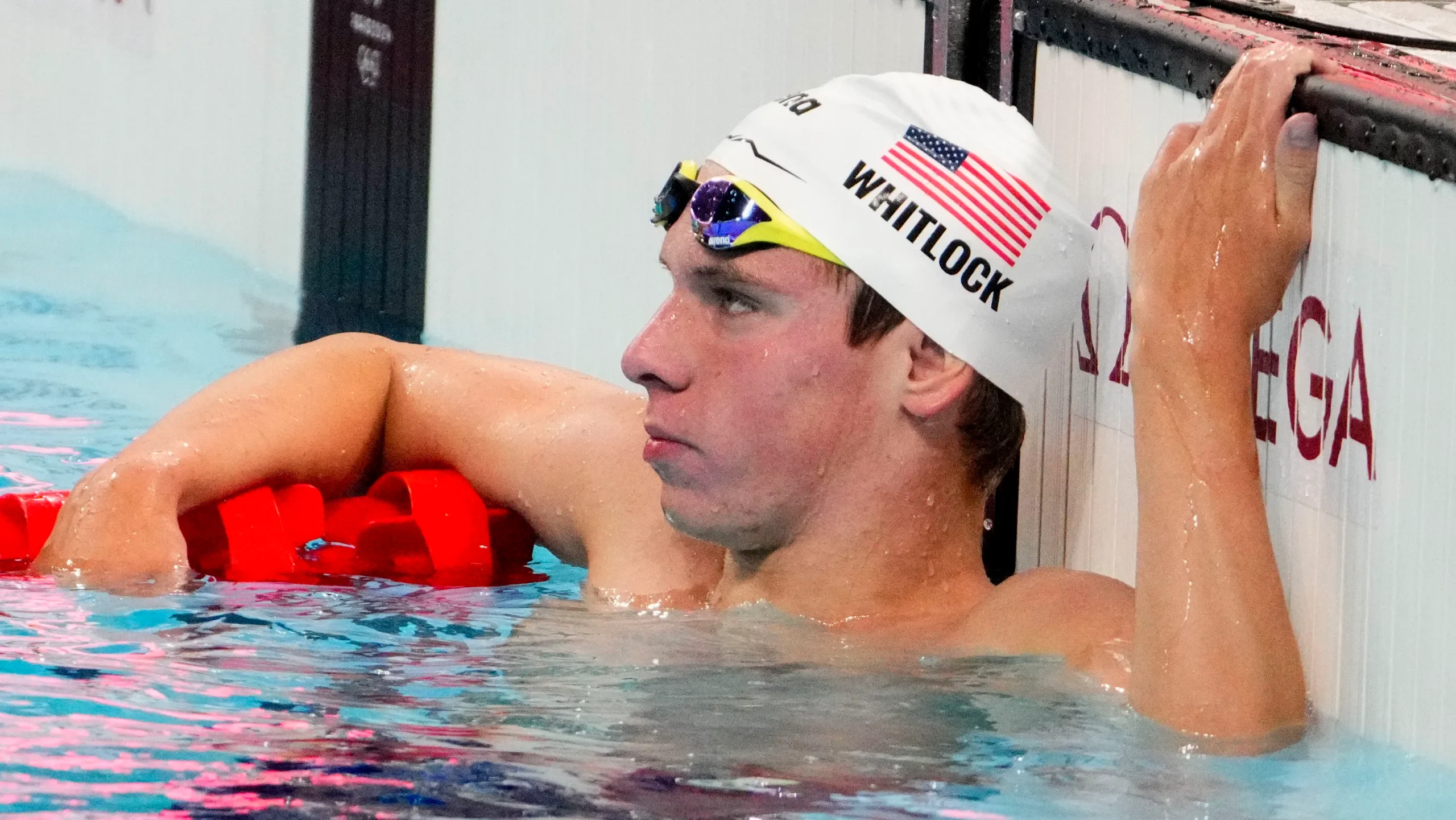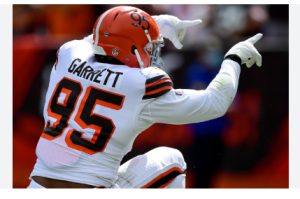
In a recent development at the 2024 Olympics in Paris, two American long-distance swimmers, David Johnston and Luke Whitlock, have reportedly tested positive for COVID-19. This news follows a similar incident involving British swimmer Adam Peaty, who also contracted the virus earlier in the Games.
According to SwimSwam.com, Johnston and Whitlock’s positive tests were confirmed after their participation in the ongoing Olympic events. Johnston, who had already competed in the 800m freestyle and finished in 15th place, is scheduled to compete in the 1500m men’s freestyle on Saturday. The status of Johnston’s participation in this upcoming race remains uncertain, as he has some time to recover. Whitlock’s situation, however, is less clear, with no additional details about his current condition or competition schedule available.
The positive tests come at a time when the Olympic Games have been marked by stringent health protocols designed to mitigate the spread of COVID-19. The presence of the virus among athletes has led to increased scrutiny and concern regarding the effectiveness of these measures.
This situation also brings to light the challenges faced by athletes in maintaining their health and performance amidst a global pandemic. The impact of these positive tests extends beyond the athletes themselves, affecting team dynamics and potentially influencing the overall competition.
British swimmer Adam Peaty’s positive test, which was reported on Monday, occurred just hours after he tied for second place in the men’s 100m breaststroke final. His case highlighted the ongoing risk of COVID-19 even in the midst of a major international sporting event. Despite these challenges, Peaty’s performance demonstrated his resilience and competitive spirit.
USA Swimming spokespeople have yet to confirm the reports of Johnston and Whitlock’s positive tests, maintaining their policy of not releasing athlete health data publicly. This stance underscores the privacy concerns and protocols that organizations must balance while managing health crises.
As the Olympics continue, the focus will remain on how these situations are managed and what impact they have on both the athletes and the broader sporting community. The occurrence of COVID-19 cases among elite athletes serves as a reminder of the ongoing global health challenge and the need for continued vigilance and adaptation in sports.







